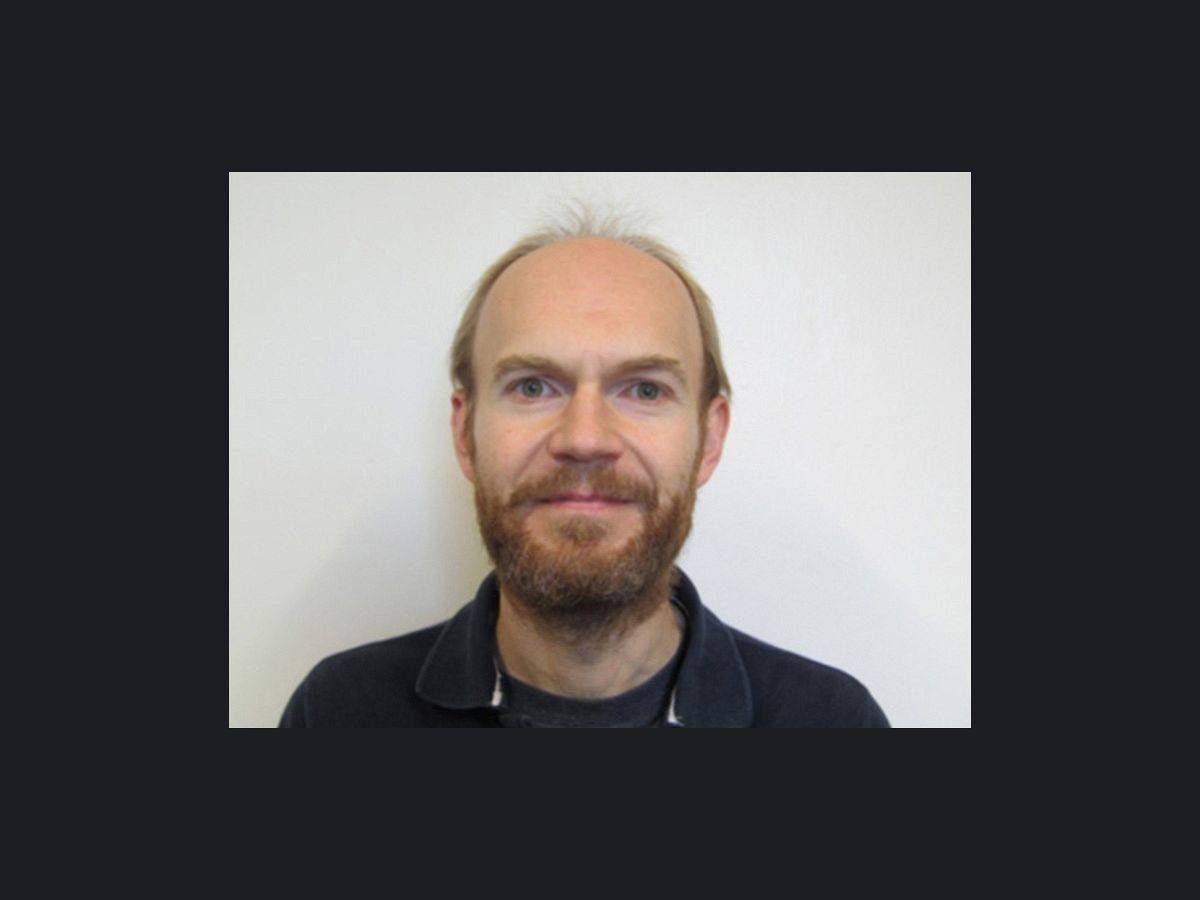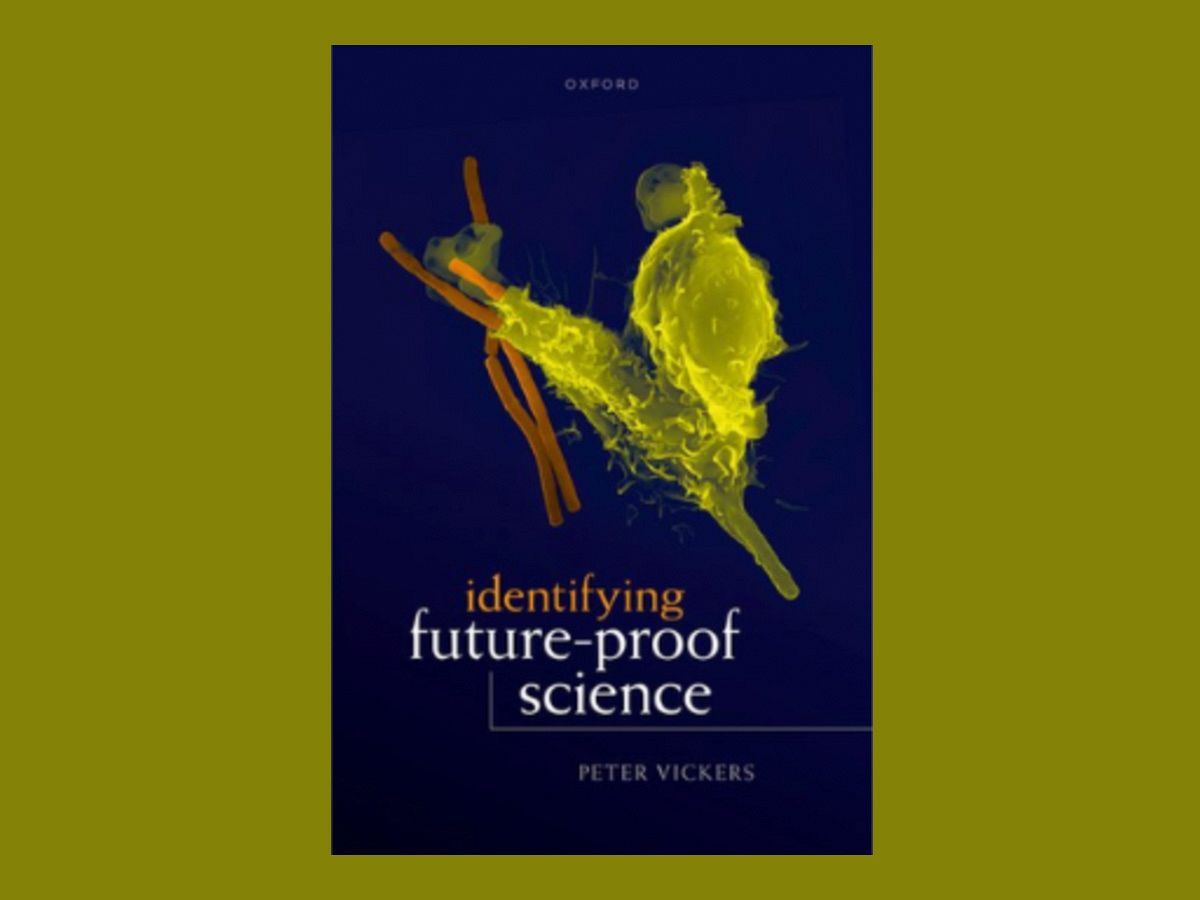Professor Peter Vickers from our Department of Philosophy launched a new book, Identifying Future-Proof Science, on 30 November 2022.
In the book, he presents his argument that we can confidently identify many scientific claims that are future-proof, or simply ‘established scientific facts’.
This accessible book will inspire anyone who is interested in the relationship between science and truth, including philosophers, scientists, policymakers, and the general public.

Professor Peter Vickers
Identifying future-proof science
Professor Vickers contends that the best way to identify future-proof science that will last forever, so long as science continues, is to avoid any attempt to analyse the relevant first-order scientific evidence, instead focusing purely on second-order evidence.
Specifically, a scientific claim is future-proof when the relevant scientific community is large, international, and diverse, and at least 95% of that community would describe the claim as a ‘scientific fact’.
In the entire history of science, no claim meeting these criteria has ever been overturned, despite enormous opportunity for that to happen.
Surprisingly, this means that the skills of the scientist are not the skills necessary to identify scientific facts. Instead, the skills required are those of the philosopher-sociologist.

Important insights for policymakers
The book will provide vital insights for policymakers as it is essential for them to know when something is or isn’t an established scientific fact, and to ensure that all policies are based on known scientific facts.
When a scientific claim can’t be verified, Professor Vickers suggests that policymakers can sensibly base policies on scientific ideas that meet most of the criteria for being a scientific fact.
In such commonplace scenarios, the criteria for future-proof science are still highly relevant, since a claim may not yet be a fact, and yet be close to becoming one.
Find out more
- Learn more about the work of Professor Peter Vickers.
- Order a copy of the book.
- Watch an interview with Professor Vickers, on the topic of the book.
